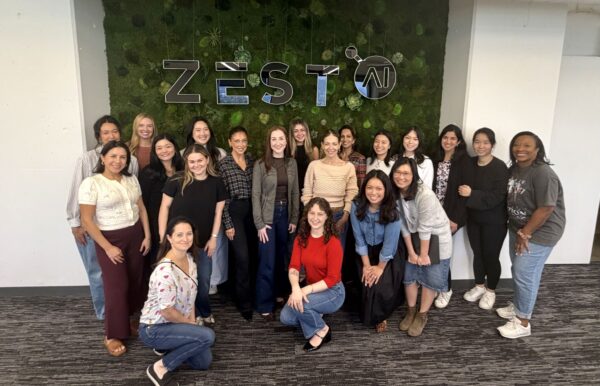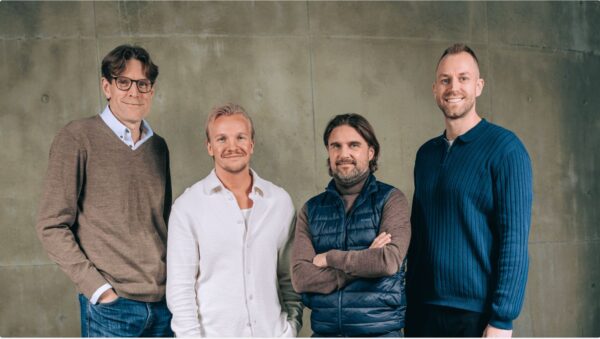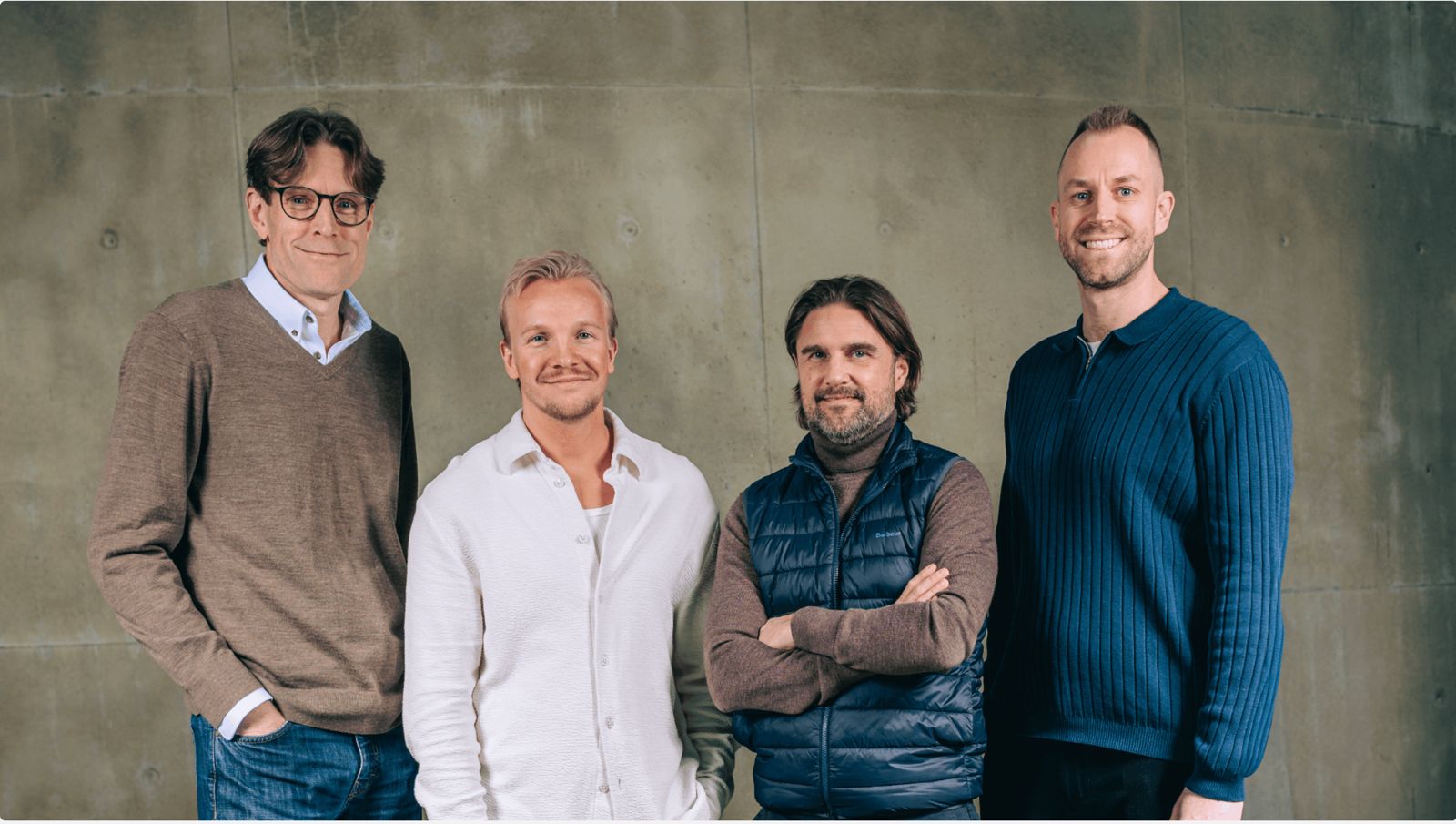In a groundbreaking development for the photonics industry, Swiss startup Lightium has successfully raised $7 million in Seed funding to enhance data center performance and minimize energy consumption. Founded by esteemed researchers Dr. Amir Ghadimi, Dr. Frédéric Loizeau, and MIT professor and entrepreneur Prof. Dirk Englund, Lightium stands at the forefront of innovation as the first company to design and manufacture Thin-Film Lithium Niobate (TFLN)-based photonic chips on an industrial scale.
The exponential growth of data necessitates faster and more efficient data transmission technologies, particularly in data centers, which rely heavily on clusters of Central Processing Units (CPUs) and Graphics Processing Units (GPUs) for computational tasks. While companies like Nvidia have advanced GPU capabilities, the optical interconnects currently in use have plateaued at 800 Gb/s, which is inadequate for handling today’s data demands. Lightium aims to bridge this critical gap with its cutting-edge TFLN technology, promising data rates of 1.6 or 3.2 Tb/s while significantly reducing power consumption.
TFLN, a glass-like material known for its exceptional properties, has previously been limited to academic and R&D environments due to its complex processing requirements. Lightium’s proprietary manufacturing process now makes large-scale production a reality, marking a significant milestone for the industry.
Dr. Amir Ghadimi, CEO of Lightium, emphasizes the urgency of this technological shift: “Current semiconductor-based technologies that are powering data centers have reached their limits—they cannot run faster or more efficiently. Lightium uses TFLN to solve this problem, and we have now developed the manufacturing capability to provide this technology at scale for the industry.”
The funding round, led by Vsquared Ventures and Lakestar, will facilitate the commercialization of Lightium’s production-grade TFLN Photonic Integrated Circuits (PICs) foundry services. Dr. Jakob Lingg, Investment Manager at Vsquared, remarked, “As silicon struggles to meet future demands, there is a strong market pull for alternative materials with superior electro-optical properties. TFLN emerges as a promising solution, and we are excited to partner with Lightium in leading this innovation.”
Beyond data centers, Lightium’s TFLN technology holds promise across various sectors, including satellite communications, quantum computing, novel optical computing architectures, and LIDAR applications. Their open-access foundry model positions them to meet diverse technological needs, fostering innovation across multiple industries.
Looking ahead, Lightium plans to bolster its manufacturing, design, and testing capabilities while optimizing its Process Design Kit (PDK). The company is currently in a closed beta phase with strategic partners, targeting a launch of its foundry services in early 2025. As they expand their partnership network, they are also actively seeking talent to drive their growth.
Editorial Opinion
Lightium’s pioneering efforts in TFLN technology signal a promising shift in the photonics landscape, particularly as industries face mounting pressure to enhance data transmission speeds while reducing energy costs. Their innovative approach addresses a fundamental challenge in data center architecture, making them a company to watch in the coming years. The team’s robust academic and entrepreneurial backgrounds provide a solid foundation for driving this transformative technology forward.
As the demand for faster, more efficient data solutions intensifies, Lightium’s commitment to overcoming the limitations of traditional semiconductor technology is not just timely but essential. Their ability to scale production effectively positions them at the forefront of the next wave of technological advancement, and their success could redefine industry standards.
In conclusion, the potential impact of Lightium’s technology extends far beyond data centers, promising advancements in various fields that rely on high-speed data transmission. This is a company poised not only for growth but also for significant contributions to sustainability and efficiency in the digital age.
For further assistance or corrections, please reach out to editor@thetimesmag.com.











